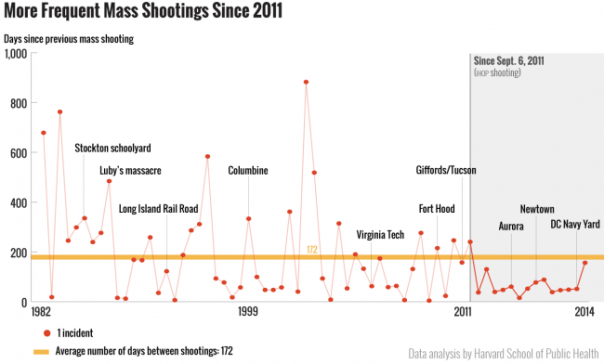“It’s called the Mars Rule.”
“Mars?”
“Yes, Mars. After the planet. Earthlings. Earth is a planet orbiting Sol A2234-332N. Dead planet now but that is where Earthlings are from. Mars is next to Earth.”
“A moon?”
“No, a planet, next orbit over. Can’t remember if it is closer or farther from its Sol. Anyway, doesn’t matter. Earthlings visited Mars and after about 20 years of poking around discovered that full blown life had evolved there and gone extinct. Aeons earlier.”
“So the Mars Rule is planetary extinction? It thought that was called the Koch Effect.”
“Ha. Funny you should say that, because Koch Syndrome, not ‘effect,’ you had that wrong. Koch syndrome was also named by Earthlings. And it is related.”
“Ah, right, I remember that now. Koch Effect.”
“Right. But the Mars Rule is different. Mars is smaller than Earth. According to the Mars Rule the total time frame from the origin of a planet to the appearance of life to the eventual extinction of life and the destruction of a life supporting planetary surface is faster on small planets than on large planets.”
“Really? Didn’t Sydour 7 snuff out before Skydour 9, and it’s bigger?”
“Right, it did. But this a rule, not a law. Lots of exceptions. But it tends to work all else being equal, which as you know, is not all the time.”
“Let me think. Smaller planet cools first, then has smaller surface area, so chemical evolution is faster.”
“A little, but only a little. It’s more the biochemical evolution. Right about the cooling, though. Turns out, most lifestarts kill each other off. It’s counterintuitive. More lifestarts — more primordial puddles if you will — you would think that would hasten the development of life, but most of the time some of the life forms ruin the biochemistry for the others, and eventually themselves.”
“Ah, right, but if there is only one primordial puddle, it gets to cycle from lifestart to extinction fast.”
“Yes, within a few klakons, a tiny fraction of the total lifespan of a planet, on a small planet like Mars.”
“Right, then the experiment starts again right away, less residual biochemical suppression.”
“Yes, that’s the start of the cycle, why a small planet — all else being equal of course — will go from no life to life, and go through the first few typical stages…”
“I remember! Colonial forms, multicellular, specialized, motile, informational, predator-prey, behavioral web, quasi-intelligent, Koch Effect.”
“Mostly right. You’re pretty smart for an Eetweeb. Informational comes after predator-prey…”
“Ah, right, mixed that up…”
And the small size only speeds up the start of the process. The middle part goes fast on any size planet once multicellular happens. Depends on extinction events.”
“Right, extinction events, that would slow it down…”
“OK, may be not so smart for an Eetweeb. Extinction events speed it up once there’s multicellular, as long as their magnitude is below the cube root of planetary mass rule. But that’s getting into esoteric details.”
“I guess that makes sense.”
“Yes. Yes it does. But then the last part of the cycle runs faster simply because the planet is smaller. Quasi intelligence builds technology webs sooner on smaller planets, and when the Koch Effect swings into play, smaller plants are simply more vulnerable. Less water, less atmosphere, less buffering.”
“Cool. I always wanted to study Solsystemology, but I didn’t have the math skills.”
“Tectonics, too Larger planets have long lived tectonic moving system. That slows down the process.”
“How does that work?”
“Another time, next time we get together for a blopwut. I’ve got to go now. Time for my exnorphilation.”
“OK, professor, thanks for your time. See you in class tomorrow.”
“Sure thing. Stop by for office hours whenever you want. Nobody ever does, always a refreshing change to whatchawhacha with a glornififoov.”
“Cheers.”
“Glopfdorp.”











































































